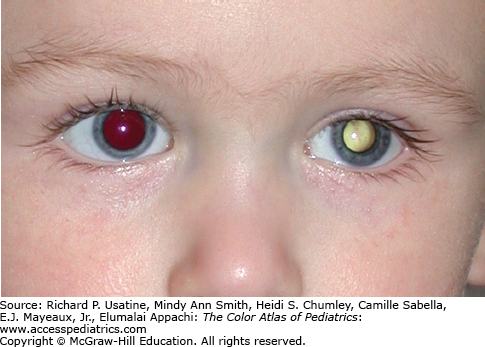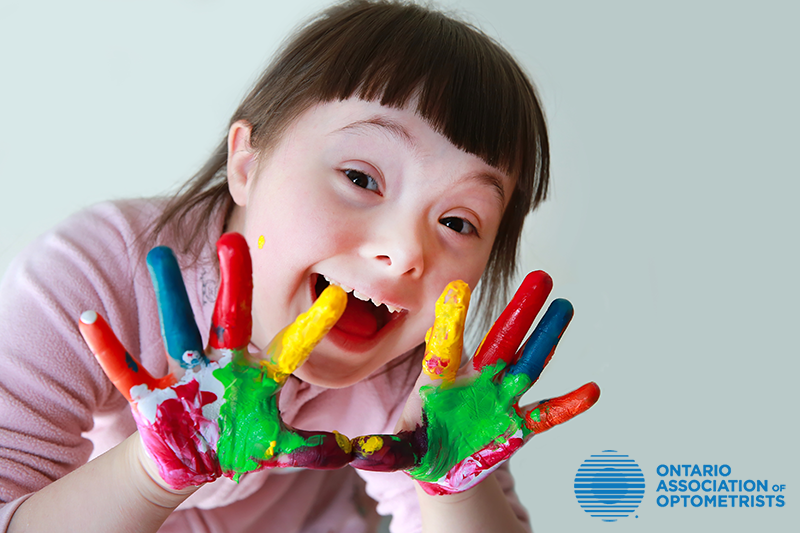Screen Time Affects Developmental Milestones
Researchers found that higher levels of screen time at two and three years old was associated with poorer performance on a developmental screening test by age five.
This means that children weren’t meeting benchmarks in communication, social skills, problem-solving and motor skills. Because screen time is generally a sedentary activity, research is also starting to show an association with physical consequences like a higher likelihood of being overweight or obese.
The Canadian Paediatric Society recommends that children between the ages of two and five use screens for less than one hour per day.





